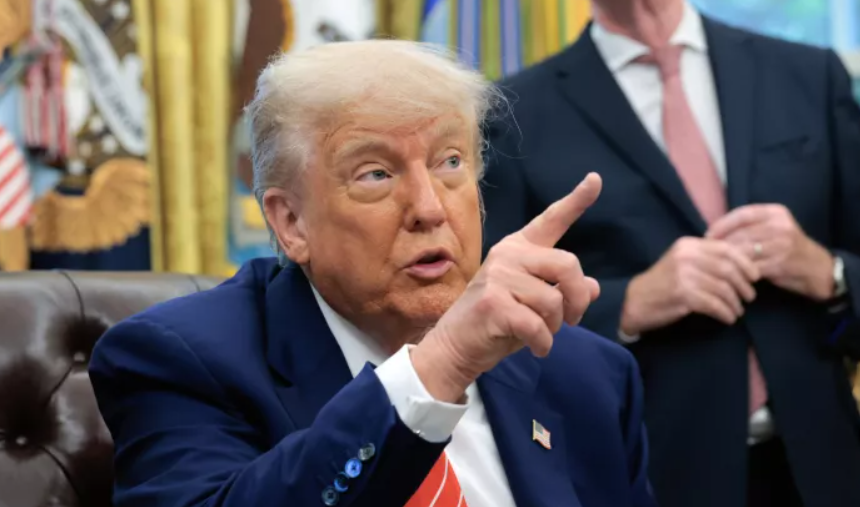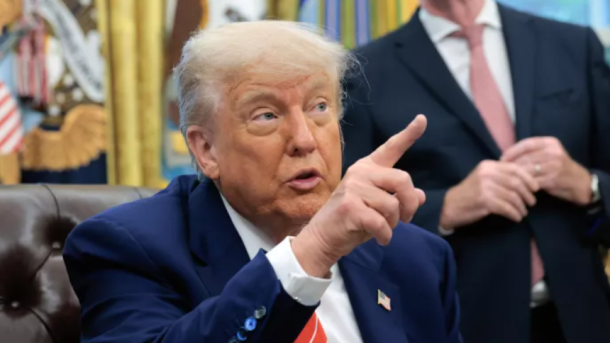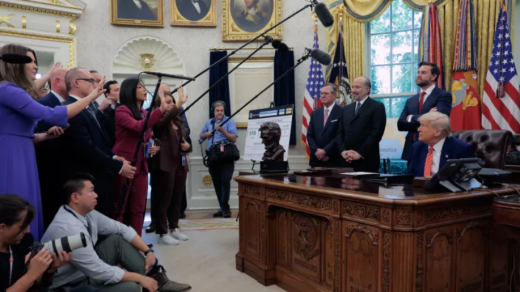The recently signed U.S.-U.K. trade agreement has brought notable developments, with one of the most significant being the Boeing IAG order. British Airways’ parent company, International Airlines Group (IAG), committed to purchasing over $10 billion worth of Boeing jets, which signals strong economic cooperation between the two nations. This deal comes as part of a broader framework aimed at easing tariffs on automobiles, steel, and aluminum, while also opening up the British market to more than $6 billion in U.S. goods.
Despite its promising nature, the Boeing IAG order is just one aspect of the agreement, which leaves certain tariffs, including a 10% global import rate, largely untouched. The deal is viewed as a relatively easy win for the U.S. considering the positive trade balance it maintains with the U.K., but the question remains: will this momentum be sustained?

A Signal of Strength in U.S.-U.K. Relations
The Boeing IAG order represents not just a major financial commitment but also a strategic move to strengthen ties between the U.S. and U.K. It sets a promising precedent for future deals, demonstrating that both nations are eager to solidify their economic relationship. However, many experts caution that this trade agreement may be easier to negotiate than more complex discussions ahead, particularly with China.
Can the Boeing IAG Order Influence U.S.-China Negotiations?
While the Boeing IAG order marks a significant win for U.S.-U.K. relations, it raises questions about how such agreements will play out with other trading partners like China. With both nations facing high tensions, many economists suggest that the framework established with the U.K. may serve as a model, though it may be more challenging to reach a similar agreement with China.
Source: www.investopedia.com



